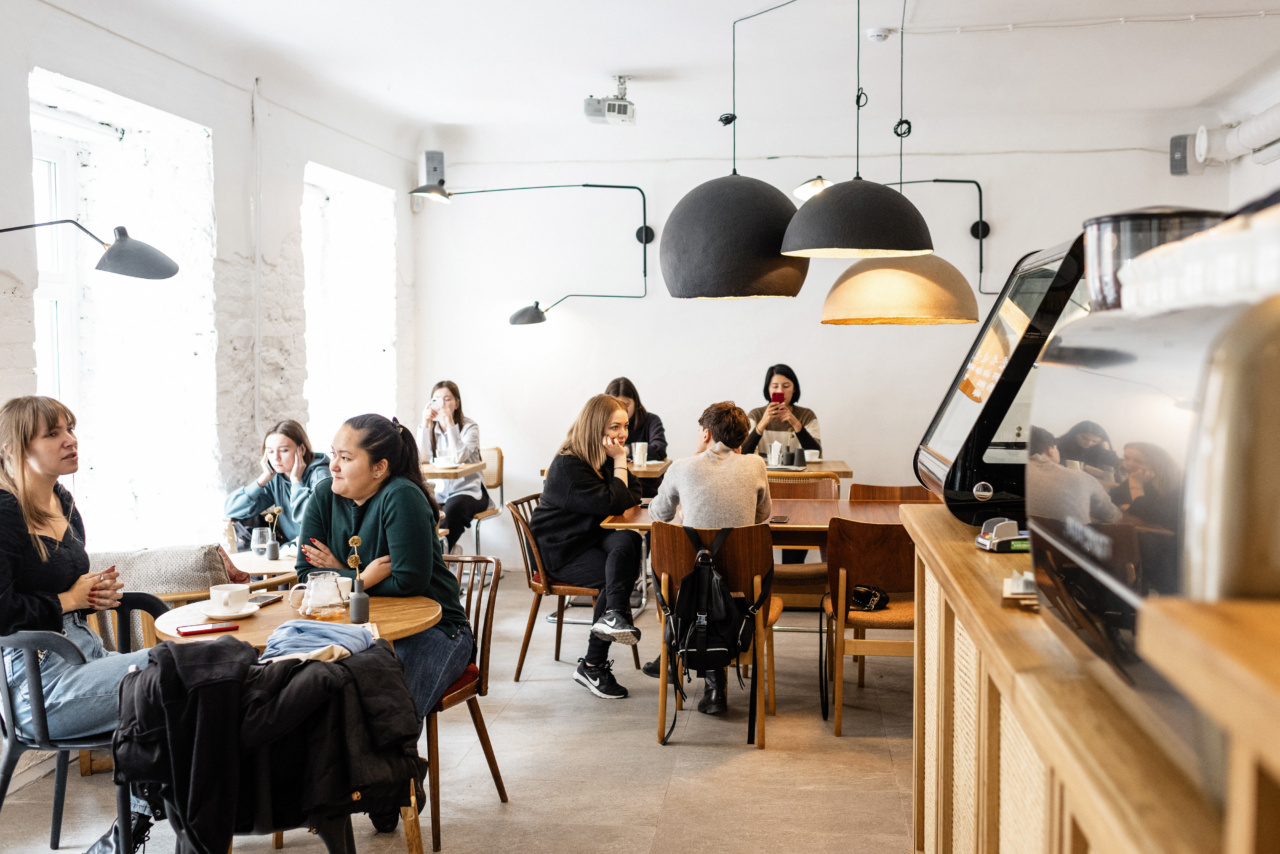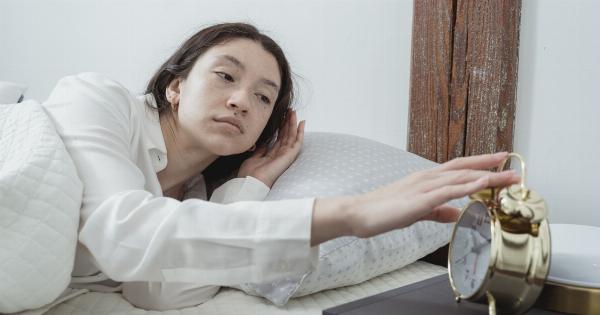Most of us spend a significant amount of time each day in the bathroom. Whether it’s for basic needs, personal grooming, or simply for a momentary escape from the chaos of life, bathroom breaks can become a ruling force in our day-to-day routine.
This article takes a closer look at how bathroom breaks can impact our productivity, well-being, and overall quality of life.
1. The bathroom as a sanctuary
For many individuals, the bathroom serves as a temporary escape from the demands of work, family, and other responsibilities. It’s a quiet and private space where we can take a few minutes to ourselves, regroup, and recharge.
Whether it’s a long, relaxing bath, a quick shower, or just a moment alone with our thoughts, the bathroom can provide a much-needed respite from the outside world.
2. Productivity pitfalls
While the bathroom can offer a welcome break from our daily grind, it can also become a major source of distraction and procrastination. Excessive bathroom breaks can disrupt our workflow and hinder productivity.
Constantly getting up from our desk or leaving a meeting to use the bathroom can result in missed opportunities and decreased efficiency. Finding a balance between taking necessary breaks and staying focused on the task at hand is crucial.
3. The health implications
Regular bathroom breaks are essential for maintaining good health. They allow our bodies to eliminate waste and toxins, preventing a buildup of harmful substances.
Adequate hydration is also important, and frequent bathroom breaks serve as a reminder to drink enough water throughout the day. However, excessive bathroom breaks or frequent urination can be a sign of underlying health issues such as urinary tract infections or diabetes, and should not be ignored.
It is important to pay attention to any abnormal patterns and consult a healthcare professional if necessary.
4. The psychological aspects
Our bathroom habits can provide insights into our emotional well-being. Stress, anxiety, and other mental health issues can manifest in various ways, including frequent bathroom visits.
The urge to urinate or empty our bowels can be triggered by the body’s natural stress response, leading to increased bathroom breaks in times of heightened emotional distress. Understanding and addressing these underlying issues is crucial for maintaining both physical and mental health.
5. The impact on personal relationships
In a shared living space, bathroom breaks can sometimes cause strain on personal relationships. Limited bathroom availability, especially during busy mornings or family gatherings, can result in conflicts and disagreements.
It is important to establish open communication and compromise to ensure that everyone’s needs are met. Planning and coordination can help alleviate some of the frustrations that can arise from bathroom break conflicts.
6. Bathroom breaks and the elderly
As we age, bathroom breaks can become even more significant. Issues such as incontinence or mobility limitations may increase the frequency and importance of bathroom visits for elderly individuals.
Accessibility modifications, support from caregivers, and regular check-ups with healthcare providers can help address these challenges and maintain independence and dignity for the aging population.
7. The impact on travel
For frequent travelers, bathroom breaks can become a logistical challenge.
Whether it’s navigating unfamiliar public restrooms, enduring long flights without a comfortable bathroom nearby, or dealing with the lack of facilities in remote areas, travel often requires careful planning to ensure that bathroom needs are met. Travelers with medical conditions may face additional obstacles and must consider their specific needs when exploring new destinations.
8. Bathroom breaks and the workplace
The workplace is a setting where bathroom break etiquette can vary significantly.
Some employers encourage regular breaks to promote well-being and productivity, while others may have strict policies that limit the frequency or duration of bathroom visits. Balancing personal needs with professional expectations can be challenging. Clear communication, understanding, and mutual respect between employers and employees are essential to ensure a harmonious work environment.
9. Implementing healthy bathroom habits
To optimize our bathroom breaks and avoid allowing them to rule our day, it’s important to establish healthy habits. Some tips include:.
a) Time management: Set aside specific times for bathroom breaks to minimize their disruption on your daily routine.
b) Hydration: Drink enough water to stay properly hydrated, but be mindful of excessive fluid intake that may result in frequent bathroom visits.
c) Establish a routine: Pay attention to your body’s natural cues and establish a regular bathroom routine to avoid unnecessary interruptions and discomfort.
d) Address underlying health issues: If your bathroom habits are abnormal or causing distress, consult a healthcare professional to rule out any underlying health conditions.
10. The importance of self-care
Lastly, it’s essential to prioritize self-care beyond bathroom breaks. While a few minutes in the bathroom can provide a much-needed break, it’s equally important to carve out time for relaxation, exercise, socializing, and pursuing hobbies.
Balancing all aspects of our lives is key to achieving overall well-being and happiness.






























